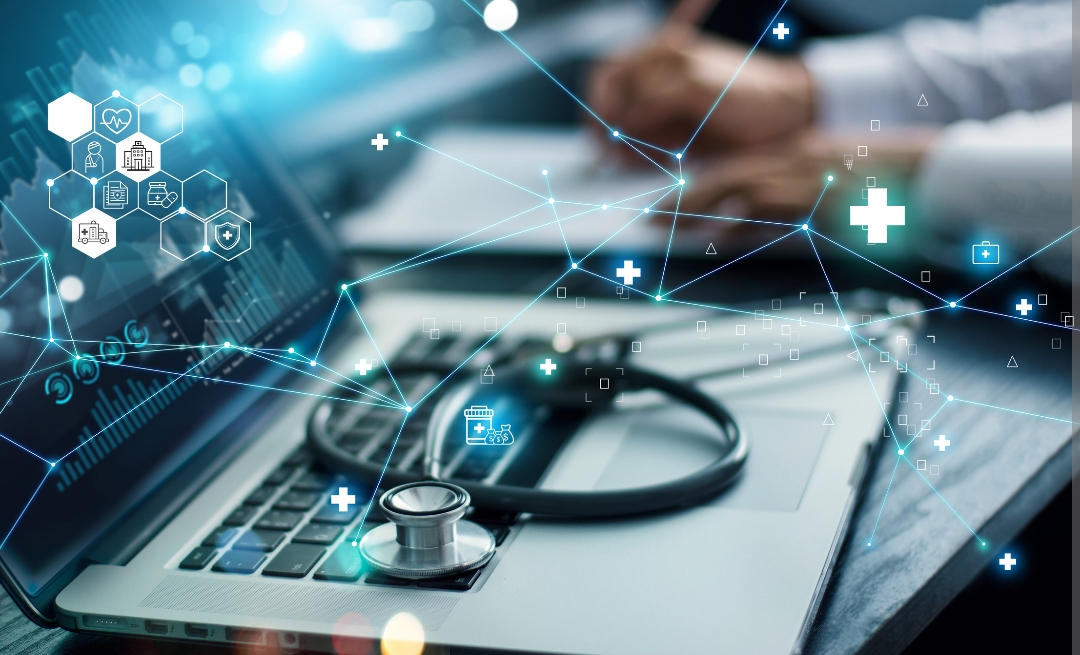



Real-world Evidence (RWE) Studies
Real-world evidence (RWE) studies in pharma and for medical devices involve the collection and analysis of data from real-world sources such as electronic health records, insurance claims, and patient-generated data. The purpose of RWE studies is to provide insights into the safety, effectiveness, and value of drugs and medical devices in actual clinical practice, outside the controlled environment of clinical trials.
The scientific use of RWE studies in pharma and medical devices is to generate evidence that can be used to support regulatory decision-making, inform clinical practice, and support healthcare policy decisions. RWE studies can be used to supplement or even replace traditional randomized controlled trials (RCTs) when it comes to evaluating the safety and effectiveness of drugs or medical devices.
In pharma, RWE studies can be used to assess the long-term safety and effectiveness of drugs, including rare side effects, which may not be detected in clinical trials. RWE studies can also be used to evaluate the comparative effectiveness of different treatments in real-world settings, which can help clinicians and patients make informed treatment decisions.
For medical devices, RWE studies can be used to assess device performance and safety, as well as provide insights into patient outcomes in real-world clinical settings. RWE studies can also be used to evaluate the impact of new medical devices on healthcare utilization and costs.
Overall, RWE studies provide valuable information about the real-world use and impact of drugs and medical devices, which can inform clinical decision-making, improve patient outcomes, and ultimately improve the quality and efficiency of healthcare.
Leverage Our Expertise to Support your Real-World Evidence Generation
- Providing strategic guidance on conducting RWE studies for different types of products as per regulatory norms
- Experienced in analyzing prospective and retrospective real-world data to gather intelligence for real-world evidence
- Formulate study designs to demonstrate product comparative effectiveness, safety, and value to recommend early product development decisions
- Generate insights from RWE studies for forumating research strategies during clinical development
- Aligning your RWE programs to regulatory requirements, safety risk management and related pharmacovigilance programs
- Design prospective studies to demonstrate product value and safety for existing use and label expansion opportunities.

How We Can Help
At Techsol, our expert team of Medical writers have an extensive research background, scientific knowledge, and ample experience in contributing to clinical development programs for global pharma companies.
Following are the key focus areas where our medical writing team has the expertise to deliver high-quality services throughout the drug / device development lifecycle as per applicable regulatory guidelines:
> Defining the research question
> Selecting appropriate data sources, identifying the study population, and
> Determining the appropriate study design
We use the best of technology platforms that helps us to deliver our medical writing services through continous real-time collaboration with sponsors. Following are some of the systems we use:
Compier Medical Writing Platform: This is our proprietary 100% digital content management platform that facilitates rapid content authoring, completing real-time collaborative review and allows continous content lifecycle management. specifically for rapidly processing soft such as Microsoft Word to create documents.
Reference management software: Our Medical writers use reference management software such as EndNote, Mendeley, or Zotero to manage and organize their references.
Content management systems: If sponsors want us to use content management systems (CMS) like Veeva Vault, Documentum or Sharepoint, our team is familar with how to store and manage documents, track versions, and facilitate collaboration between different team members.
Typesetting software: Medical writers use typesetting software such as LaTeX or InDesign to create well-formatted documents, such as scientific publications and regulatory documents.
Medical Terminology software: Medical writers use medical terminology software such as SNOMED, ICD-10, or MedDRA to ensure accurate and consistent use of medical terms.
With the use of advanced technology and quality-driven processes, our medical writing team members collaborate with Biostatistics, Medical Affairs, Drug Safety and Clinical Data Management teams to deliver accurate and purposeful publications and other medical content with a quick turnaround with 100% compliance to global regulatory requirements. Every medical writing project is meticulously managed and delivered with stringent scientific, statistical, editorial and quality control review.




